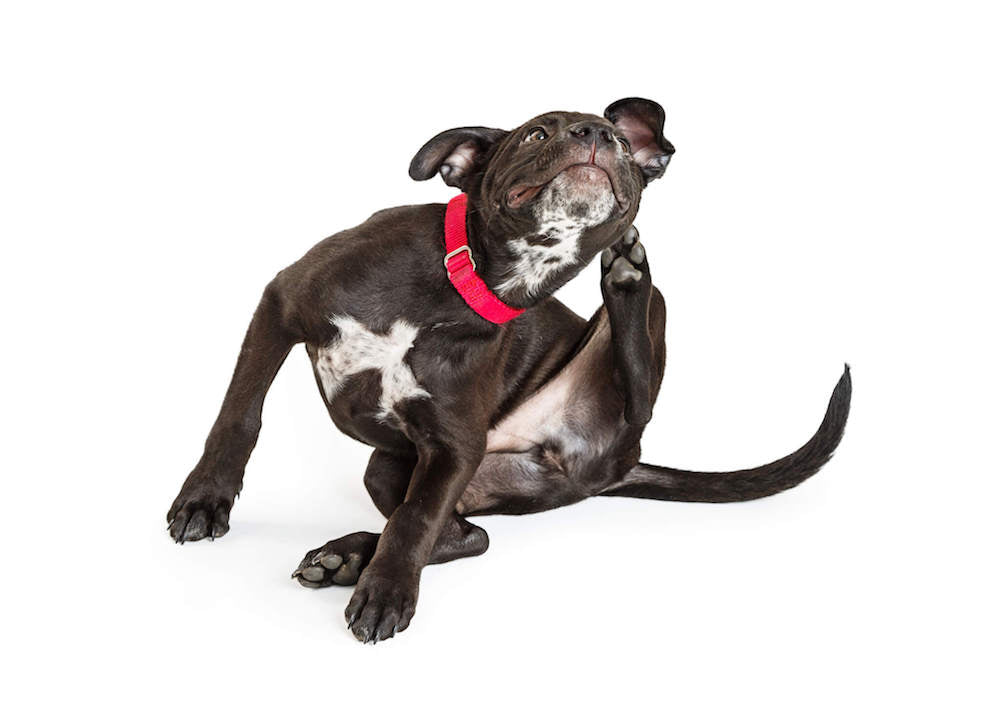Fleas can be a persistent nuisance for our beloved furry companions, causing discomfort and potential health issues if left untreated. While commercial flea treatments are readily available, many pet owners are turning to natural alternatives, concerned about the potential risks associated with harsh chemicals. In this article, we'll explore safe and effective natural flea treatments for dogs, providing you with options to keep your pet flea-free without compromising their well-being.
Apple Cider Vinegar Baths:
Apple cider vinegar is renowned for its various health benefits, and it can also help repel fleas from your dog's coat. Simply dilute apple cider vinegar with water (about half and half) and use it as a rinse after bathing your dog. Fleas dislike the acidic environment created by apple cider vinegar, making it an effective natural deterrent.
Essential Oils:
Certain essential oils have natural flea-repelling properties. Lavender, cedar wood, peppermint, and eucalyptus oils are among those known to repel fleas. However, it's crucial to dilute these oils properly and use them sparingly, as they can be potent and potentially harmful if not used correctly. Mix a few drops of your chosen essential oil with a carrier oil such as coconut or olive oil, and apply it to your dog's collar or bedding to help keep fleas at bay.
Diatomaceous Earth:
Diatomaceous earth is a fine powder made from fossilized algae. While harmless to humans and pets, it is deadly to fleas and other insects. Sprinkle diatomaceous earth lightly on your dog's coat, bedding, and around your home, focusing on areas where fleas are likely to hide. Be sure to use food-grade diatomaceous earth, as other forms may contain additives that could be harmful to your pet.
Herbal Flea Collars:
Herbal flea collars offer a natural alternative to traditional flea collars that contain synthetic pesticides. These collars are infused with a blend of herbs such as eucalyptus, citronella, and rosemary, which repel fleas while emitting a pleasant scent. Look for collars made from natural, non-toxic materials, and replace them regularly for optimal effectiveness.
Flea-Repellent Shampoos:
There are several natural shampoos available that are specifically formulated to repel fleas and soothe irritated skin. Look for shampoos containing ingredients like neem oil, tea tree oil, or oatmeal, which have natural flea-fighting properties. Regular bathing with these shampoos can help keep your dog's coat clean and flea-free without resorting to harsh chemicals.
Regular Grooming:
Regular grooming is essential for maintaining your dog's overall health and hygiene, as well as keeping fleas at bay. Brushing your dog's coat regularly not only removes dirt and debris but also helps to distribute natural oils that can deter fleas. Additionally, thorough grooming sessions provide an opportunity to check for any signs of flea infestation, allowing you to take action promptly if necessary.
Vacuuming and Cleaning:
Fleas not only infest your pet's coat but also their surroundings. Regular vacuuming and cleaning of your home are crucial steps in preventing and eliminating flea infestations. Pay special attention to areas where your dog spends the most time, such as their bedding, favorite lounging spots, and carpeted areas. Washing your dog's bedding and toys in hot water can also help kill fleas and their eggs.
Keeping your dog flea-free doesn't have to involve harsh chemicals or synthetic pesticides. By opting for natural flea treatments, you can effectively repel fleas while safeguarding your pet's health and well-being. From apple cider vinegar baths to herbal flea collars, there are plenty of safe and effective options available to pet owners who prioritize natural products. By incorporating these natural flea treatments into your pet care routine, you can enjoy peace of mind knowing that you're providing your furry friend with the best possible care.

